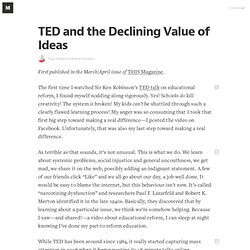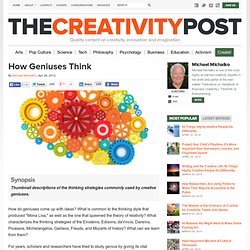

I’m still here: back online after a year without the internet. I was wrong.

One year ago I left the internet. I thought it was making me unproductive. I thought it lacked meaning. I thought it was "corrupting my soul. " It's a been a year now since I "surfed the web" or "checked my email" or "liked" anything with a figurative rather than literal thumbs up. And now I'm supposed to tell you how it solved all my problems.
But instead it's 8PM and I just woke up. I didn't want to meet this Paul at the tail end of my yearlong journey. In early 2012 I was 26 years old and burnt out. I thought the internet might be an unnatural state for us humans, or at least for me. My plan was to quit my job, move home with my parents, read books, write books, and wallow in my spare time. My goal would be to discover what the internet had done to me over the years But for some reason, The Verge wanted to pay me to leave the internet.
My goal, as a technology writer, would be to discover what the internet had done to me over the years. This was going to be amazing. Read next. TED and the Declining Value of Ideas — Better Humans. First published in the March/April issue of THIS Magazine.

The first time I watched Sir Ken Robinson’s TED talk on educational reform, I found myself nodding along vigorously. Yes! Schools do kill creativity! The system is broken! My kids can’t be shuttled through such a clearly flawed learning process! As terrible as that sounds, it’s not unusual. While TED has been around since 1984, it really started capturing mass attention in 2006 when it began posting its 18-minute talks online (Robinson’s video was one of the first and is currently the most popular). So in a world where ideas are pared to bite-size morsels and spoon fed via social networks, and people themselves aren’t really inclined to act on them anyway, what is the real-world value?
How Geniuses Think. 109Share Synopsis Thumbnail descriptions of the thinking strategies commonly used by creative geniuses.

How do geniuses come up with ideas? What is common to the thinking style that produced "Mona Lisa," as well as the one that spawned the theory of relativity? What characterizes the thinking strategies of the Einsteins, Edisons, daVincis, Darwins, Picassos, Michelangelos, Galileos, Freuds, and Mozarts of history? For years, scholars and researchers have tried to study genius by giving its vital statistics, as if piles of data somehow illuminated genius. Academics also tried to measure the links between intelligence and genius. Genius is not about scoring 1600 on the SATs, mastering fourteen languages at the age of seven, finishing Mensa exercises in record time, having an extraordinarily high I.Q., or even about being smart. Most people of average intelligence, given data or some problem, can figure out the expected conventional response. Your Words Determine your Thoughts. 0Share Synopsis Change your words to get a different perspective on your problem. Words and chains of words that we use in framing a problem play a significant role in the way we approach problems.
Consider the following problem: Water lilies double in area every twenty-four hours. On the first day of summer, there is one water lily on the lake. The words "double," "twenty-four," "one," "on which day," and "sixty" coax most people to divide the sixty days by two and propose the thirtieth day as the solution, but since the lilies increase in area geometrically, this is incorrect.
The important thing is not to persist with one way of looking at problems. REPHRASE THE PROBLEM IN YOUR OWN WORDS. That was tautology, he argued--empty definition. Other standard explanations were just as hollow to Feynman. Always try to rephrase the problem in your words without using definitions. CHANGE THE WORDS. A few years back, Toyota asked employees for ideas on how they could become more productive.